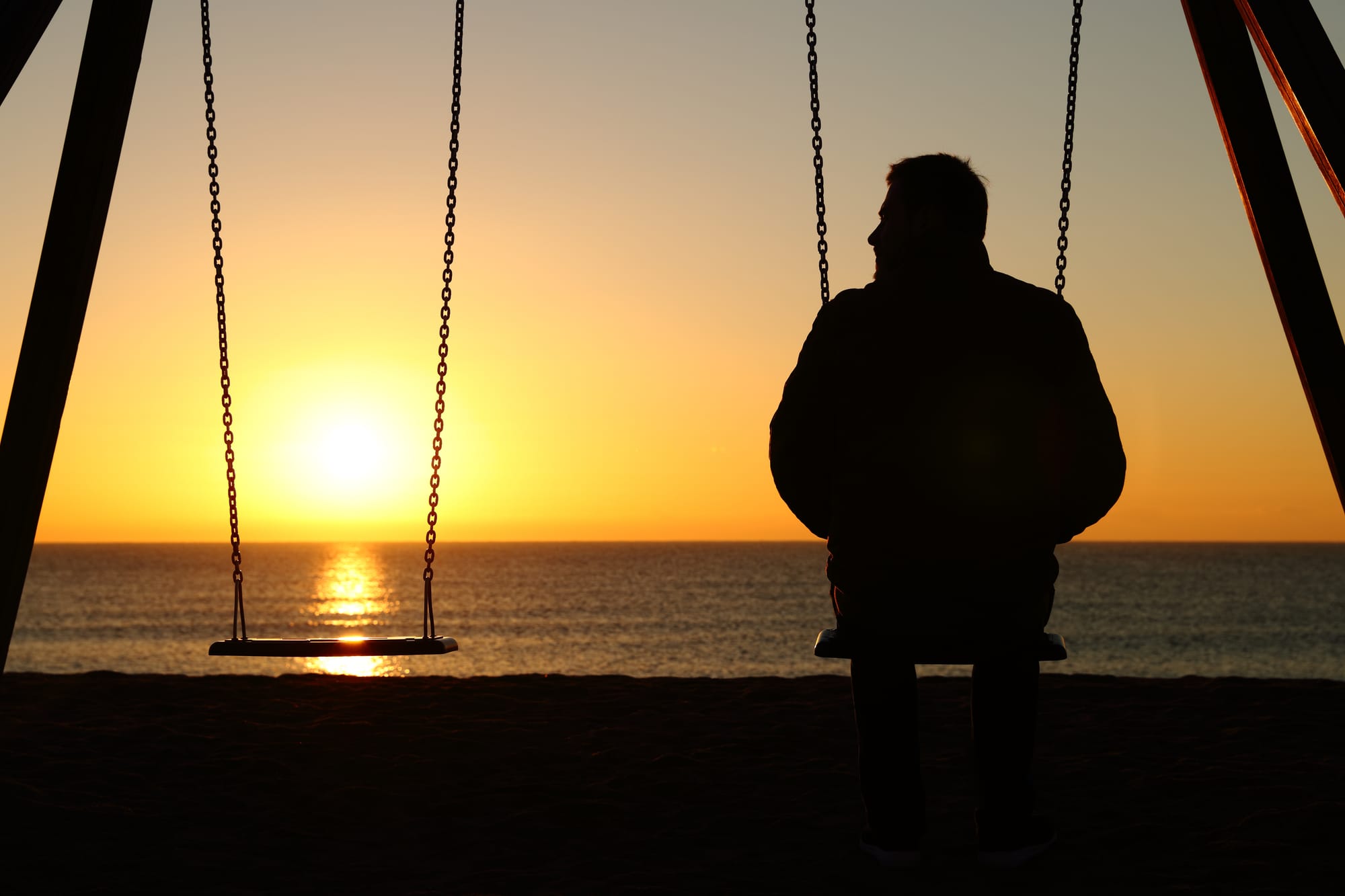Bereavement: Understanding the Process of Grief

Bereavement is the state of loss experienced after the death of a loved one. It is a profoundly personal and complex emotional journey that individuals navigate through various stages. This article aims to provide a formal overview of the concept of bereavement and the associated grieving process.
At its core, bereavement refers to the profound sense of loss and sorrow that accompanies the passing of a significant person in one's life. The grieving process that follows is a natural and necessary response, allowing individuals to come to terms with the emotional impact of the loss.
The grieving process is often described as comprising several distinct stages, including denial, anger, bargaining, depression, and acceptance. However, it is important to note that the experience of grief is highly individualised, and the timeline for each stage may vary greatly from person to person.
Navigating the complexities of bereavement can be a challenging and overwhelming experience. It is crucial for those affected to seek support, whether from close friends and family or professional counselling services, to help them through this difficult time.

Feelings of grief can also happen because of other types of loss or changes in circumstances. For example:
- The end of a relationship
- The loss of a job
- Moving away to a new location
- A decline in the physical or mental health of someone you care about
- Distressing world events
Every experience of grief is different. But you may sometimes hear about the following types of grief and loss.
Anticipatory grief
Anticipatory grief is a sense of loss that we feel when we're expecting the death of someone we care about. It can include many of the feelings that we might have after we've lost someone. These include depression, extreme sadness or concern. It doesn't necessarily replace grief after the loss. Or make it any easier or shorter. But for some of us, it can help us prepare for the loss and for what the future might be like. This can be a very challenging time. You may struggle with uncertainty or fear for the future. It can also be very traumatic or upsetting to care for a loved one or see them in pain or unwell.
Disenfranchised grief
Disenfranchised grief is a loss where someone feels unable to publicly mourn. This could be because of negative opinions or beliefs (stigma). For example, if your loved one died while committing a serious crime that harmed others. Or it might be the loss of someone where your relationship is not validated or understood by others. For example, if your family don't know about your partner or don't accept them. You could also feel disenfranchised grief if others see your loss as trivial or don't understand it. For example, if you were very upset by the death of a celebrity who meant a lot to you.
Secondary loss
When we lose someone important to us, this can lead to us losing other things too. For example, if your household income or living situation are affected. This is sometimes called secondary loss. You may lose a sense of purpose, especially if you were caring for someone. Or you may feel like you've lost your support system or your sense of your place in the world. You may also feel like you've lost your future plans and dreams. For example, if you expected to see a child grow up. Or if you'd made retirement plans with a partner.
Collective grief
Collective grief can happen when a community experiences a loss together. This might be following the death of a public figure. Or a tragedy that affects a local area, nation or community.These kinds of major events can impact us even if we didn't personally know those who've died. They can bring up many difficult emotions and remind us of other losses in our lives.Seeing others sad could make us feel sad ourselves. But we might also find comfort in sharing and processing these events as a community.
There's no time limit on grief. It varies hugely from person to person. It may depend on the type of relationship you had with the person who died, how close you were and how they died. It could also be affected by previous experiences of loss or grief.